
Piano, finally
Piano Finally is a podcast by an old bloke who is learning the piano, finally. I cover the process of learning the piano and music theory as an adult learner. I also review piano books, hardware and other materials from an adult learner's perspective.
Piano, finally
Episode 16 - The Expanse
Use Left/Right to seek, Home/End to jump to start or end. Hold shift to jump forward or backward.
Ever wondered how a reluctant jazz attendee ends up enjoying a night of live music? That's exactly what happened to me, David Reidy, and I’m here to share all the unexpected musical twists and turns from my latest adventures. From sitting out Devi's annual student showcase and promising to perform next year to discovering a newfound appreciation for jazz at the Live at the Village event in Springwood, my musical journey has been anything but predictable. I’ll also give you the inside scoop on the Leeds International Piano Competition and how platforms like YouTube and Medici TV are transforming the way we experience these grand events. Thanks to my wonderful piano teacher Devi, my musical tastes are expanding, leading me to explore new genres and even buy tickets to the Blue Mountains Music Festival!
In this episode, I also dive into my practice sessions, specifically focusing on Nino Rota's "A Time For Us" from Franco Zeffirelli's "Romeo and Juliet." I discuss the progress I’ve made with the first nine and a half bars and the challenges I’m facing with a tricky run of sixths. Using the NV-10 with the SK-EX Concert Grand setting has been a revelation for my practice, and I'll be reintroducing PianoTek software into my setup soon. Join me as I reflect on how learning piano has not only honed my skills but also connected me to a wider musical community, enriching my life in ways I never expected.
You can contact me:
- via email at david@pianofinally.show; this is probably the best option
- the show website, www.pianofinally.show
- Instagram and Threads @pianofinally
- and on YouTube
- all the podcast directories - list
- here's the RSS feed
Some of the links to books and other items mentioned in the podcast may affiliate links for Amazon or other providers. If you use one of these links, a commission may be paid to me at no additional cost to you. Thank you if you use a link.
All reviews of products, websites and services are unpaid, and no sponsorship has been received for any content on this podcast.
G'day everyone. I'm David Redy and welcome to Piano. Finally, a podcast by an old bloke who's getting around to learning the piano. Finally, welcome to show 16. Thank you for joining me. Welcome. If this is the first time you've heard the show, I hope you find something interesting here. If you're a returning listener, I'm very grateful that you've come back.
David Reidy:It has been a fairly musical week. On Saturday, debbie, my piano teacher, ran her yearly student showcase. I was asked to perform, but I declined. I don't think I'm good enough yet to ask people to sit through the fairly basic music I'm playing. That's the reason I put my playing at the end of each episode, so you can always move on to the next item on your playlist if you want. I've promised myself that next year I'll perform. I'm sure that by then I'll have some pieces that are worth listening to. The students that did perform, though, did wonderfully. It's great to see how people are doing with their piano studies. On Saturday evening I went to the Live at the Village event in Springwood in the Blue Mountains. Three local jazz musicians James Greening, ary Daly and Lloyd Swanton performed a mix of their own compositions and more classical jazz. I'm not really a jazz fan, but it was an enjoyable evening and I got to hear music that normally wouldn't be on my playlist. More about that later in the episode.
David Reidy:If you're listening to this podcast when it comes out, then you're right in the middle of the Leeds International Piano Competition. The early rounds are finished and the semi-finals are about to start. The competition brings pianists from all over the world together to compete, and each of the performers is expected to prepare a reasonably large amount of material for the competition. All the performances so far are available online, either on YouTube or from Medici TV. Medici TV has everything very nicely arranged, so it's easy to follow a competitor's progress through the competition, from the first rounds, which were held in May in various locations around the world, through the second round and the finals, which are held in Leeds. Not surprisingly, the repertoire from the semi-finals onwards has to be chosen from a list provided by the competition, so multiple pianists will likely interpret the pieces and each interpretation will differ, making for some interesting listening. Of course, the production values are great, the performances are excellent and competitions such as these are a great addition to the world of music available to us online. In previous years, piano competitions would only be seen and heard by a few. Maybe the winner would then record something for a wider audience to enjoy, but largely they were invisible. Youtube and services like Medici TV are making these epic keyboard battles available for us all to enjoy, to enjoy the Expanse.
David Reidy:Deciding to learn the piano seems to have been a decision that has led to a large number of places rather than just to the keyboard. It has led me to many new YouTube channels and podcasts and into shops that previously I just drove past, but it has also led to experiences that I wouldn't have had if I hadn't decided to start learning. A lot of this comes down to having a piano teacher rather than learning online. Everyone who has spent any time on the internet, in social media sites such as YouTube, knows about the algorithm, the mysterious system that determines who and what will be successful and who and what will fail. Of course, there's nothing mysterious about it. Basically, it looks at what you've been watching, matches that with the thousands or millions of people who have watched the same thing, adjusts a little for other factors, such as watch time, and then suggests similar things so that you'll watch more ads or whatever. It appears to work very well for YouTube and, given its success for those watching it. It does mean, however, that you are unlikely to find anything unexpected as you look about. You need something or someone outside the algorithm, and, of course, a piano teacher is someone outside the algorithm.
David Reidy:Devi, my piano teacher, has a wealth of musical experience, and one of the things she likes to do is to challenge my musical preferences. I said before that I started in music with classical music, if you don't count primary school sing-alongs. I suppose that and the fact that I got into music theory via the work of Bach means that I'm a big fan of order and structure in music. Therefore, I've never been a big fan of jazz, possibly because of the lack of obvious structure, so last night, devi invited me to a jazz concert that was being held a little way down the mountain from where I live. It was three local musicians who have been playing together for many years. It was a concert of two halves. The first was more interesting, and I enjoyed the second half more. I'm really glad I went, though, and it was great to hear different music and expand what I listened to. I'm not going to become a jazz fan immediately, but I'm more likely to go see jazz musicians in the future.
David Reidy:Learning the piano has opened up a vast expanse of new opportunities. It has meant that I've met a lot of new people too, and that's sure to continue. On the back of finding that I could listen to and enjoy jazz, I've bought tickets to the Blue Mountains Music Festival, which takes place about five minutes from home in March of next year. I'll put a link into the show notes to the ticket site. You can still get early bird pricing. The range of artists already announced is extensive and the styles of music eclectic, and I'm looking forward to exploring even more of the expanse that is the universe of music.
David Reidy:If you're just learning to play the piano, you might not have a need for music notation software. On the other hand, if you're like me, then you'll want to have it so that you can better understand what goes into producing a written piece of music. Music notation is like a word processor for music. It allows you to edit musical information and then turns it into a nice looking, presentable hard copy. Best of all, the software knows all the conventions for laying out notes and symbols, so you don't have to worry about that aspect too much. There are three software packages that seem to be the ones that most people use. If I'd been writing this two weeks ago, that sentence would have said four software packages but finale, one of the major software packages is being discontinued within the next year, so I'm taking it out of consideration. Judging from the YouTube reaction to the announcement and the number of follow-up videos that have come out with tips on moving to other platforms the announcement and the number of follow-up videos that have come out with tips on moving to other platforms, this move has been very good for content providers. The three remaining pieces of software are Sibelius, dorico and MuseScore.
David Reidy:Over the next three episodes I'll review each one in detail, but this week I'm going to look at why you might want to get some notation at all. Firstly, it's a really good way to understand the conventions behind music notation. We're all used to how a well-laid-out piece of music appears, but have you ever thought about why it looks right? There is a set of conventions that everyone has sort of agreed upon, including where things go, how big things are relative to each other and even more subtle things like where exactly accidentals are placed. The question is, if you're not composing music for yourself, then how are you going to see all of this in action.
David Reidy:In my case, I type out all the music I'm learning into the notation software so I can keep it on my iPad. And there's a simple reason for that I keep misplacing things. How many books do you need for a practice session If I have everything on paper? There's a book of scales and arpeggios, a book with relatively simple technique pieces, a book with some more complex pieces, a sight reading book and Stefan White's book of churning exercises. Add to that two printouts of the Samuel Arnold jig and the Nina Rota piece and the chances of me having everything together every time I go to practice are fairly small.
David Reidy:You might think that I could keep all that material sitting at the piano between sessions, but I sometimes get the opportunity to practice at work, so I'd have to carry all that material sitting at the piano between sessions. But I sometimes get the opportunity to practice at work, so I'd have to carry all that material just in case I might need it. If I have it all on the iPad, then I don't need to worry about forgetting bits. I don't even have to remember the iPad. I have an older one that stays at my piano and a newer one that I use daily when I'm teaching. So all the music is always available, and a newer one that I use daily when I'm teaching. So all the music is always available. The only thing not on the iPad are the sight reading exercises. Typing them out would sort of defeat the purpose.
David Reidy:The other advantage of transferring music which I do, even if I do have an electronic copy is that it means that I have to look at it very closely, in particular the articulation and dynamics. As I enter the chords I also get an idea of how the piece is put together. I think I finish up with a better understanding at the end of the whole process. Another advantage of using an annotation application is that all of them include some facility for playing back the music, although most printed music also now comes with online recordings. Being able to play back what I've moved over to make sure it's correct is also a benefit. I also have an idea of how this might be useful for practice. For example, it's possible to have the software play only one hand while I practice the other.
David Reidy:I haven't given this a try yet. I'll let you know how I get on In the next three episodes. I'll examine MuseScore, sibelius and Dorico in more detail and let you know my decision as to which one I'm going to use going forward. Well, that's it for this week. If you'd like to contact me, email is the best way. You'll find me at david at pianofinelyshow and the website at wwwpianofinelyshow. In both cases, pianofinely is all one word. The show is also on Facebook and Instagram. You can subscribe via any popular iOS or Android podcast application or from directories such as Apple Podcasts, spotify or Player FM. So until the next episode, I hope your piano stays in tune and you enjoy your time at the Keys.
David Reidy:I'm still working on Nino Rota's A Time For Us for Franco Zeffirelli's film Romeo and Juliet. The first nine and a half bars are coming together, but they still need more time. They're getting that every practice, so I've moved on to the next six and a half bars. These bars include the tricky run of sixths I was working on last week. I'm still on hand separately for this section and, to be honest, it took a little bit of time to get the left hand to sound like music rather than just a set of notes, but it's coming along With the NV-10 working. This week's practice. Pieces have been recorded on it using the SKEX Concert Grand setting on full. I'll add the PianoTek software back into the setup over the coming weeks. Thank you.
Podcasts we love
Check out these other fine podcasts recommended by us, not an algorithm.

Connected
Relay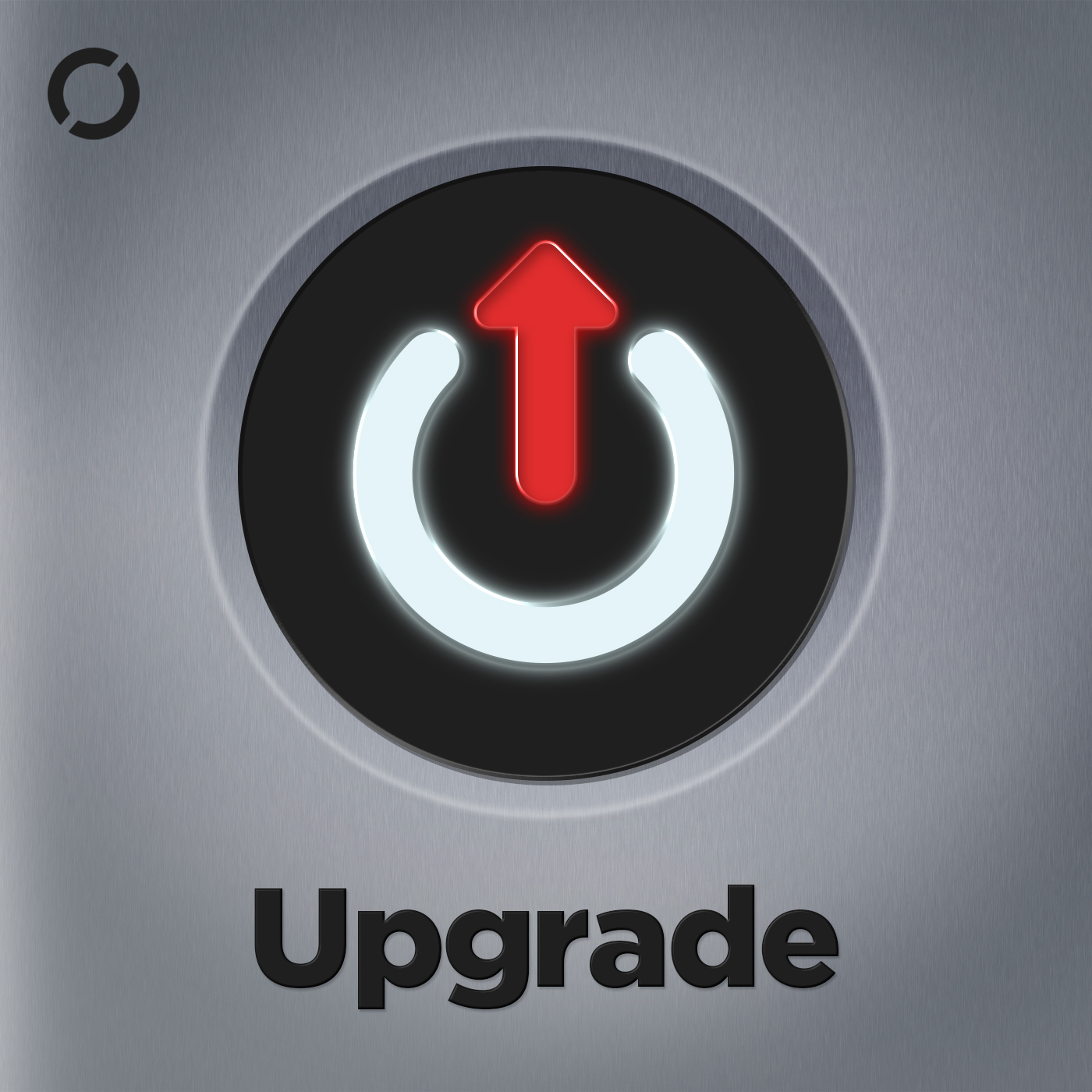
Upgrade
Relay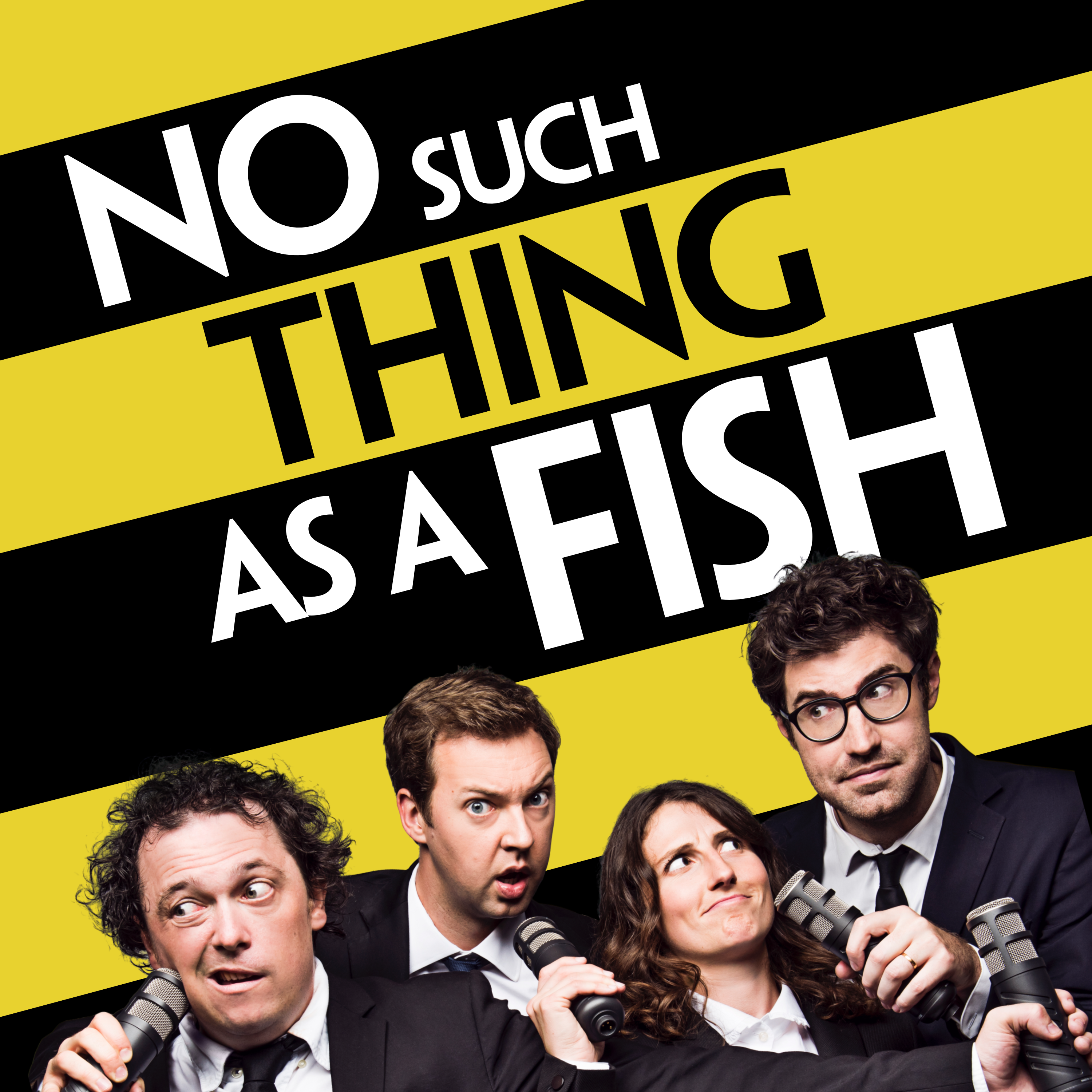
No Such Thing As A Fish
No Such Thing As A Fish
We Can Be Weirdos
Global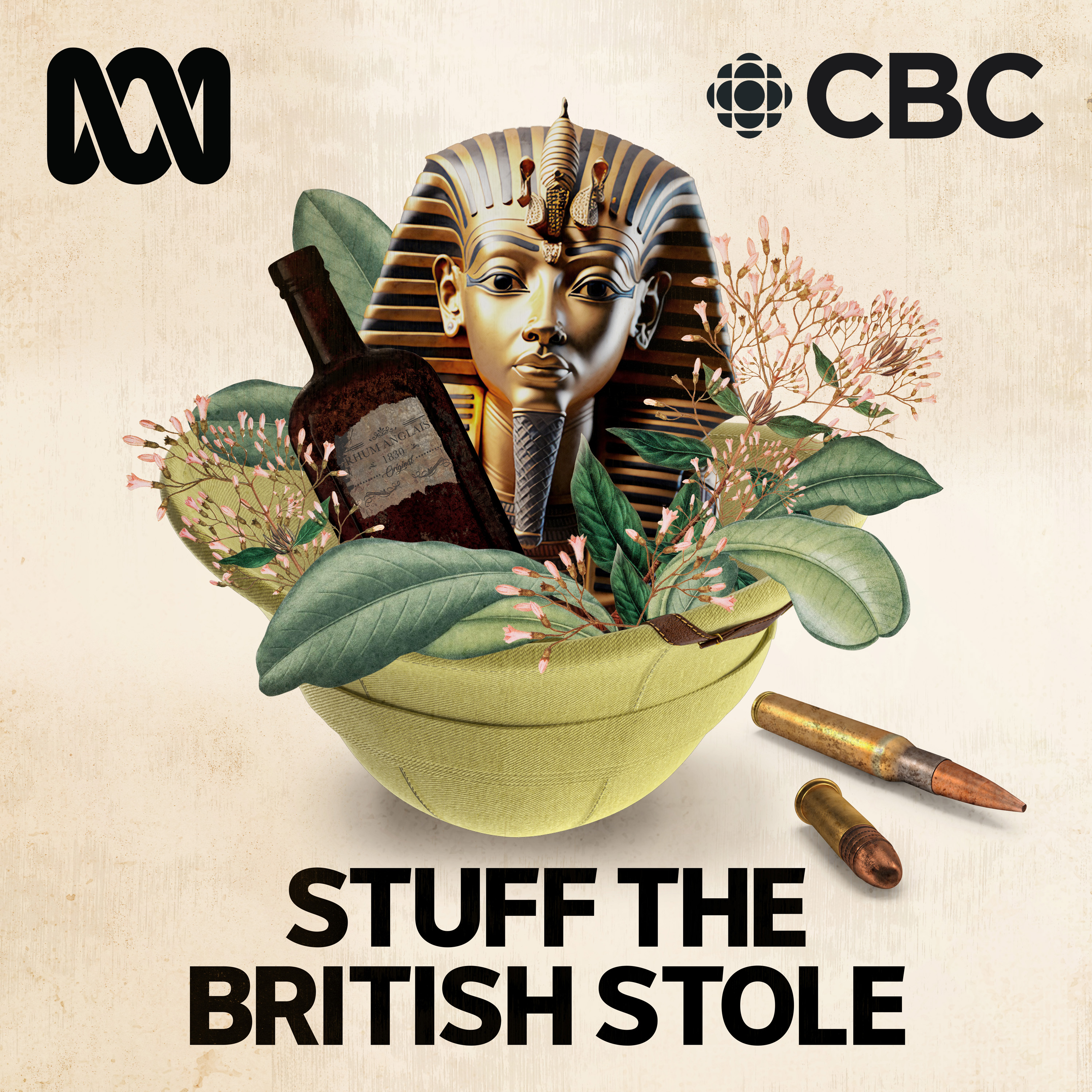
Stuff The British Stole
ABC and CBC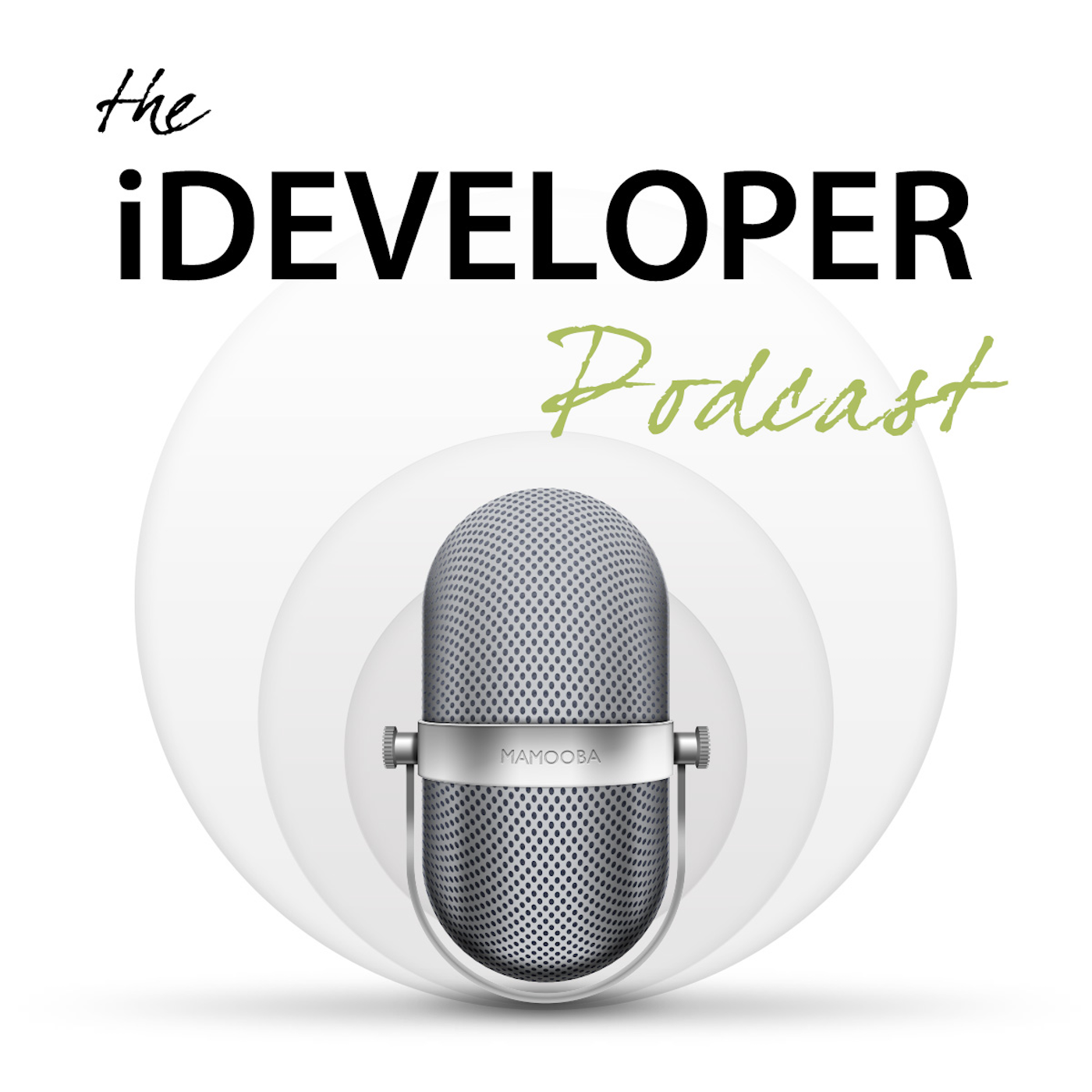
The iDeveloper Podcast
Steve Scott (Scotty) & John FoxRaven On: A Pop Culture Podcast
Natalie Bochenski & Stuart Layt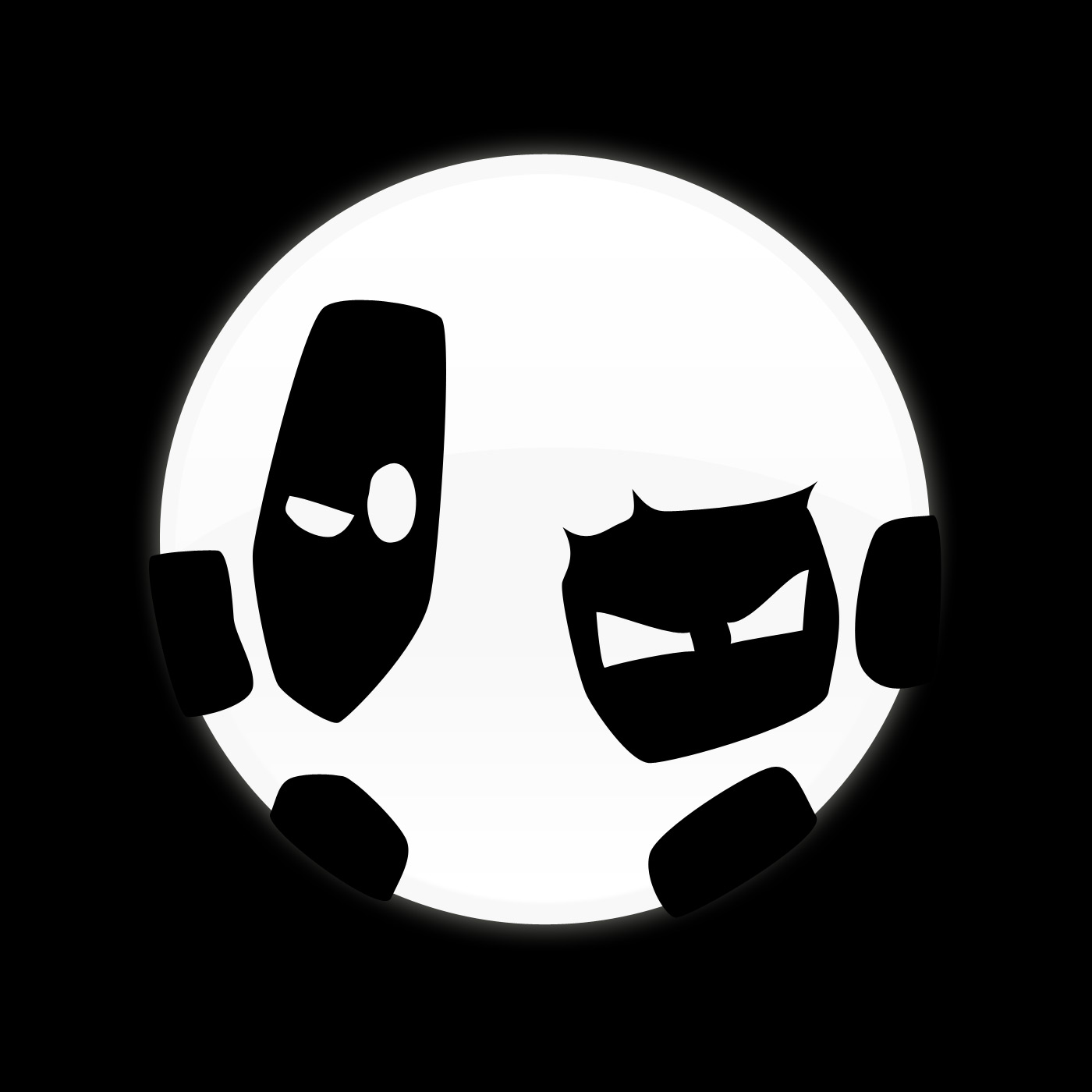
Smart Enough to Know Better
Dan Beeston & Greg Wah
TopMusic Piano Podcast
Tim Topham
The Chopin Podcast
Garrick Ohlsson and Ben Laude
